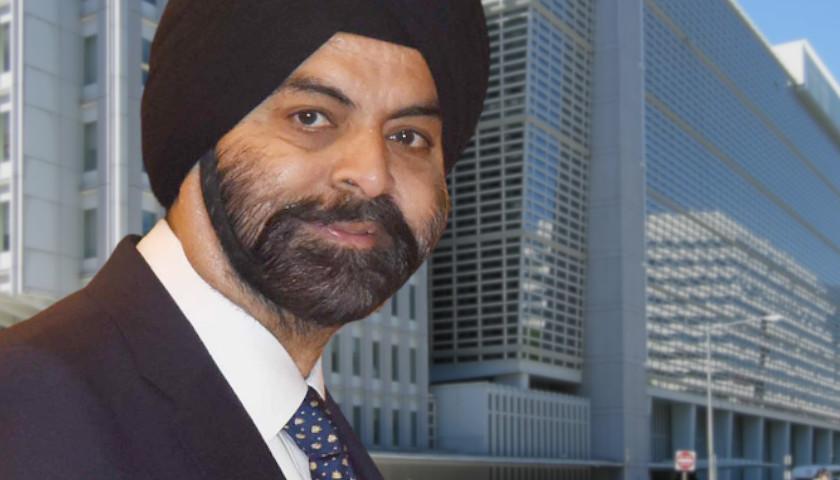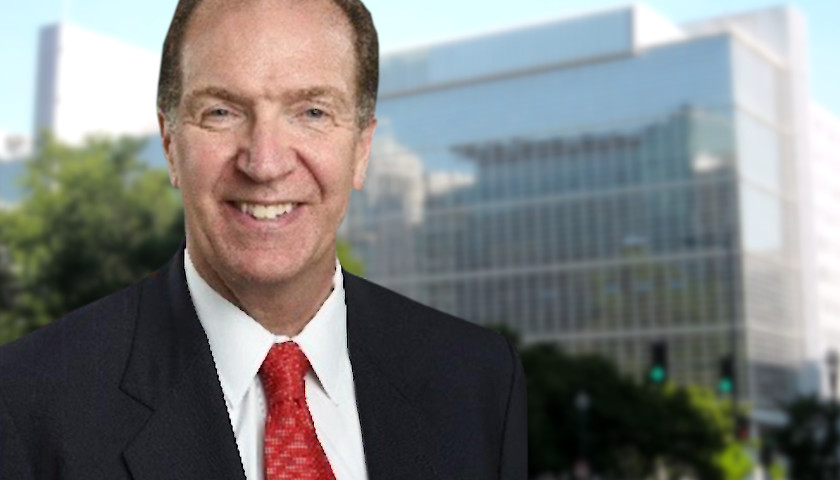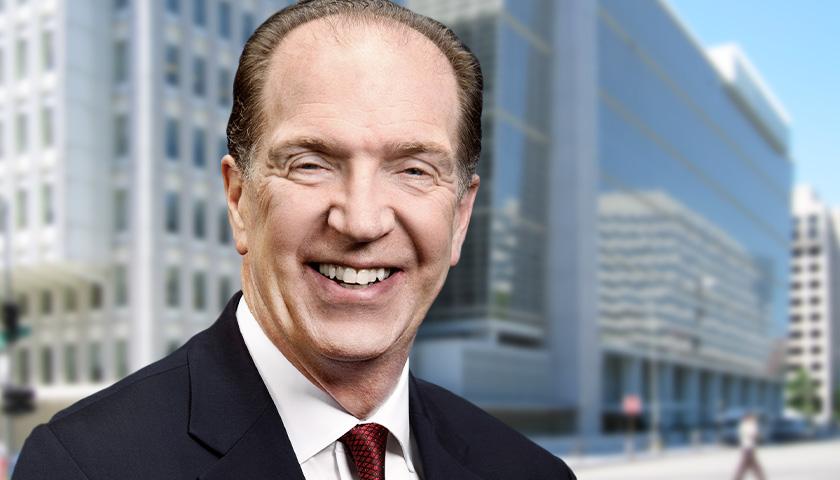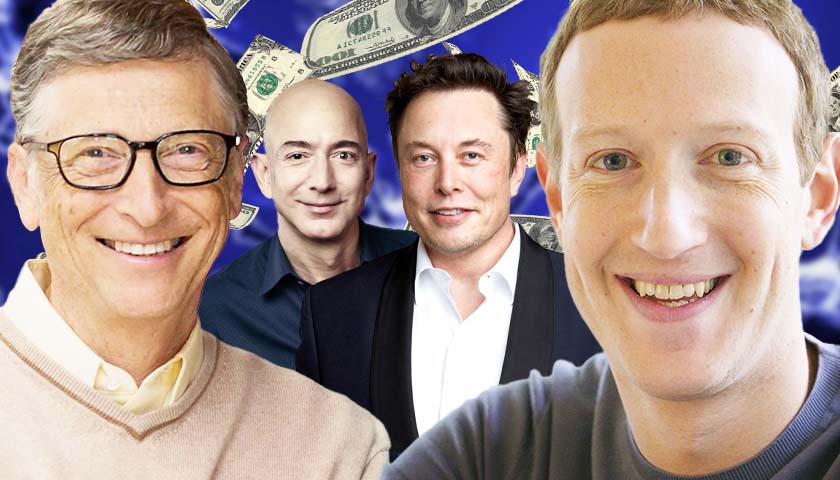As the DOJ’s Bureau of Justice Statistics explains, “The United States uses two national data collection systems to track detailed information on homicides.” These consist of: death certificates collected by the states and compiled by the CDC. reports by local law enforcement agencies compiled by the states and aggregated by the FBI,…
Read MoreTag: World Bank
Commentary: The Case Against Foreign Aid
The main argument in favor of foreign aid is that rich countries can and should help poor countries become more prosperous. And plenty of politicians are following that approach. According to the latest data from the Organization for Economic Cooperation and Development, donor governments gave away more than $220 billion last year. But advocates of foreign aid say that’s not enough. The folks at the United Nations assert that rich countries should double their foreign aid budgets.
Skeptics of aid have a different perspective. They explain that foreign aid is not successful and that increasing aid budgets would be throwing good money after bad. They argue that foreign aid is wrong in theory since it focuses on giving money to governments rather than the pro-market policy reforms that would boost growth. And they argue that foreign aid has failed the real-world test since countries receiving large transfers have not climbed out of poverty.
Read MoreBiden’s World Bank Pick Calls for ‘Trillions’ in Climate Spending
Ajay Banga, the former CEO of Mastercard that President Joe Biden has nominated to head the World Bank, told Axios Wednesday that both the bank and the private sector needed to spend “trillions” to combat both climate change and poverty.
Banga has been aggressively campaigning for the job, meeting with officials from 37 different governments in the past three weeks, Axios reported. The World Bank faces competing pressure from wealthy and developing countries over whether to focus on combatting climate change or poverty mitigation, but Banga said he does not view the two goals as inherently opposed to one another.
Read MoreCommentary: The World Bank Takes a Wrong Turn
President Biden’s nomination of Ajay Banga, the former CEO of Mastercard, to succeed David Malpass as World Bank president suggests that the Biden administration is prioritizing climate change over the World Bank’s founding mission of poverty eradication and economic development. This was made clear in the president’s statement singling out climate change as the most urgent challenge of our time.
Read MoreThe World Bank’s New Focus on Climate Threatens World’s Poorest Nations, Researchers Say
The World Bank’s plan to focus future efforts on climate change will have a disproportionately negative impact on its poorest client nations, despite those same countries having repeatedly reported that they would prefer the bank focus on other issues, researchers at the Center for Global Development (CGD) reported Thursday.
The Biden administration named former MasterCard CEO Ajay Banga as its nominee to replace the outgoing Trump appointee David Malpass as president of the World Bank Thursday, a key step in the administration’s efforts to refocus the agency from poverty prevention and take more climate action. However, just 6% of public and private representatives from 43 client nations listed climate change as one of the top three issues facing their country, according to a review of surveys conducted by the World Bank in 2020 and 2021, the GCD researchers reported.
Read MoreTop Ten Wealthiest Men in the World Doubled Their Wealth During the Pandemic
A recent report claims that the world’s top 10 richest men all saw their wealth double over the course of the Coronavirus pandemic, while 99 percent of global income dropped dramatically during the same period.
As reported by ABC News, a study published on Monday by the group Oxfam showed that the collective wealth of the top 10 doubled from approximately $700 billion to over $1.5 trillion between March of 2020 and November of 2021. During that same time, over 160 million people fell into poverty as incomes plummeted. The increase for the top 10 in less than two years represented a greater increase for their wealth than their growth over the previous 14 years combined.
The 10 men who were the focus of Oxfam’s study were: Elon Musk, Jeff Bezos, Bernard Arnault, Bill Gates, Larry Ellison, Larry Page, Sergey Brin, Mark Zuckerberg, Steve Ballmer and Warren Buffett. The data for the study was gathered from the World Bank.
Read More





